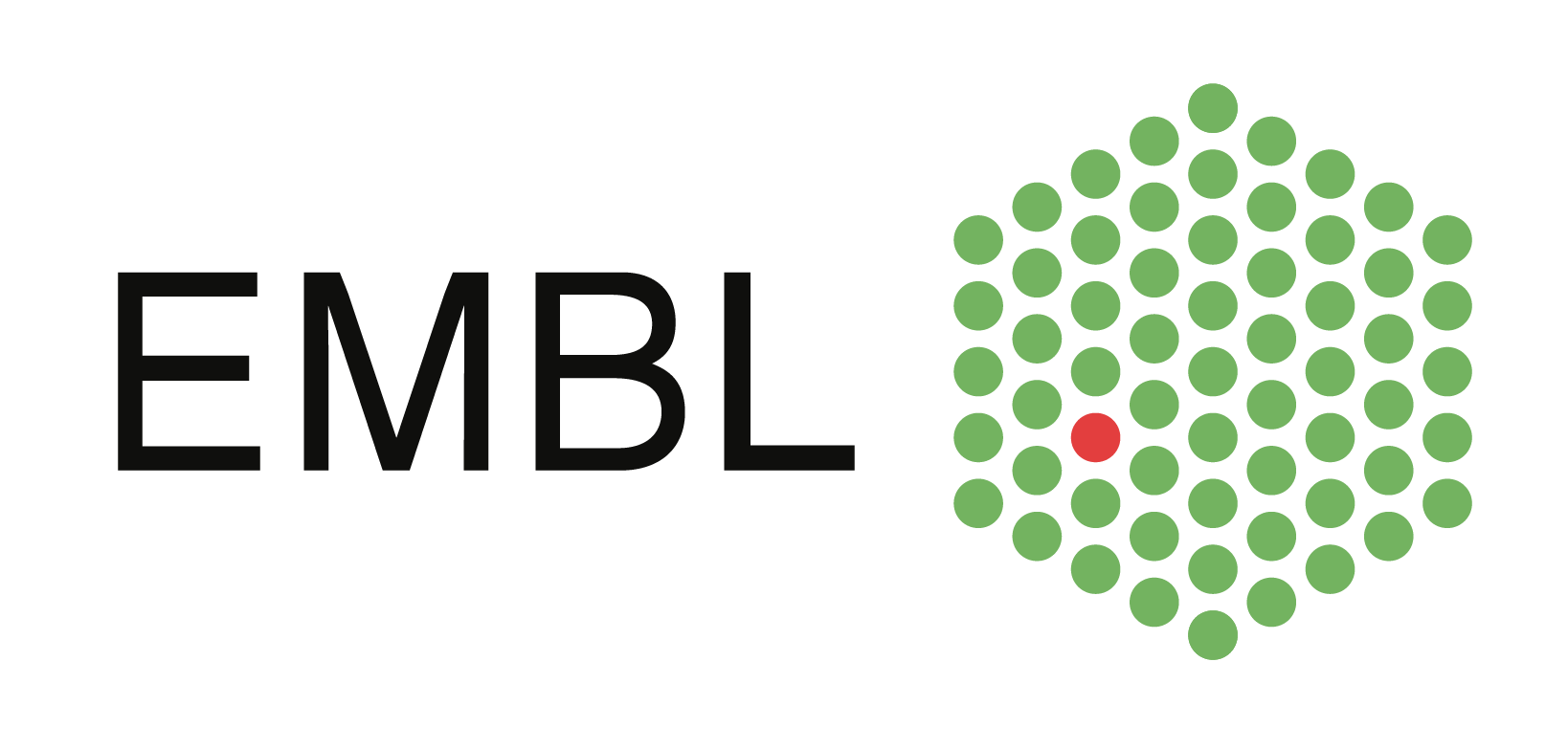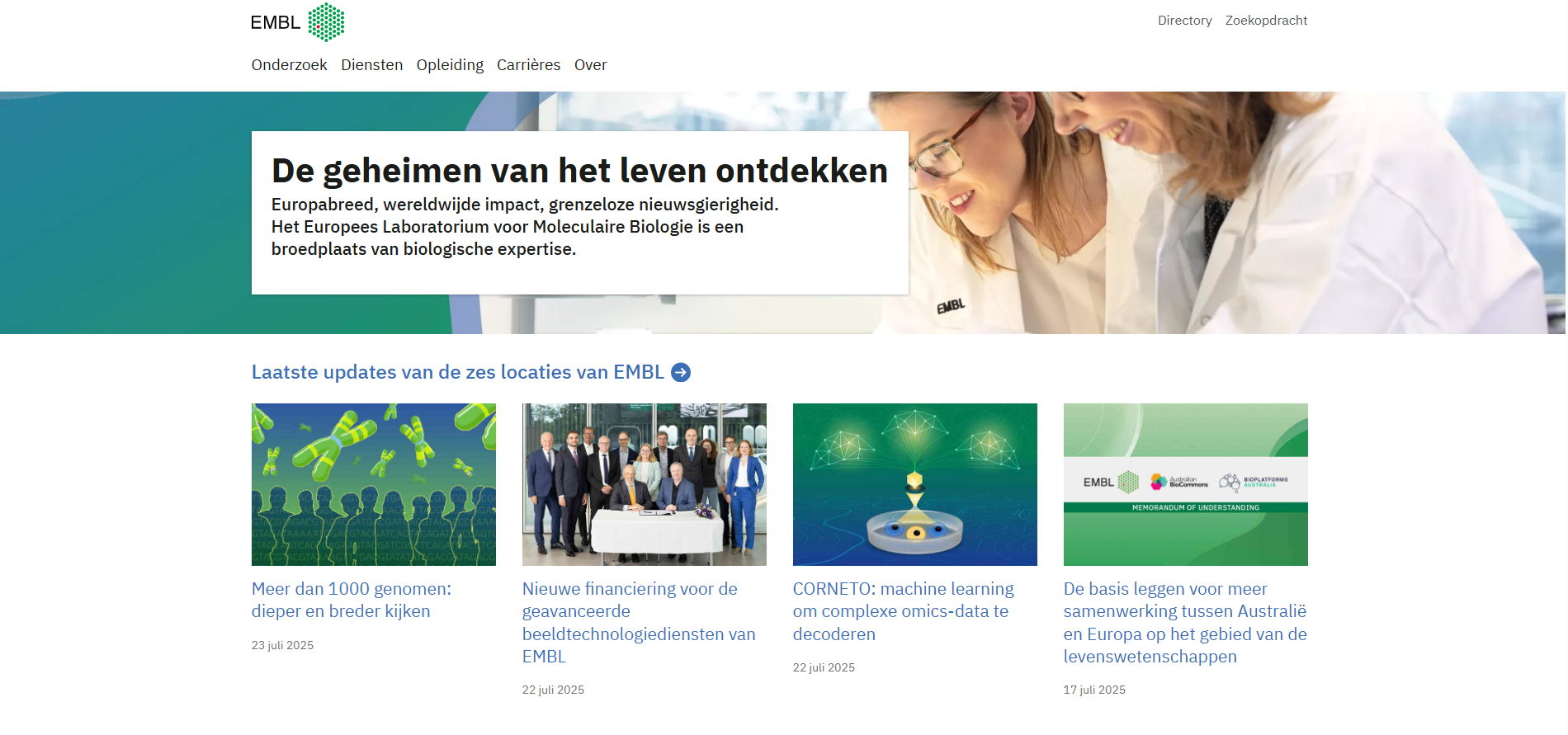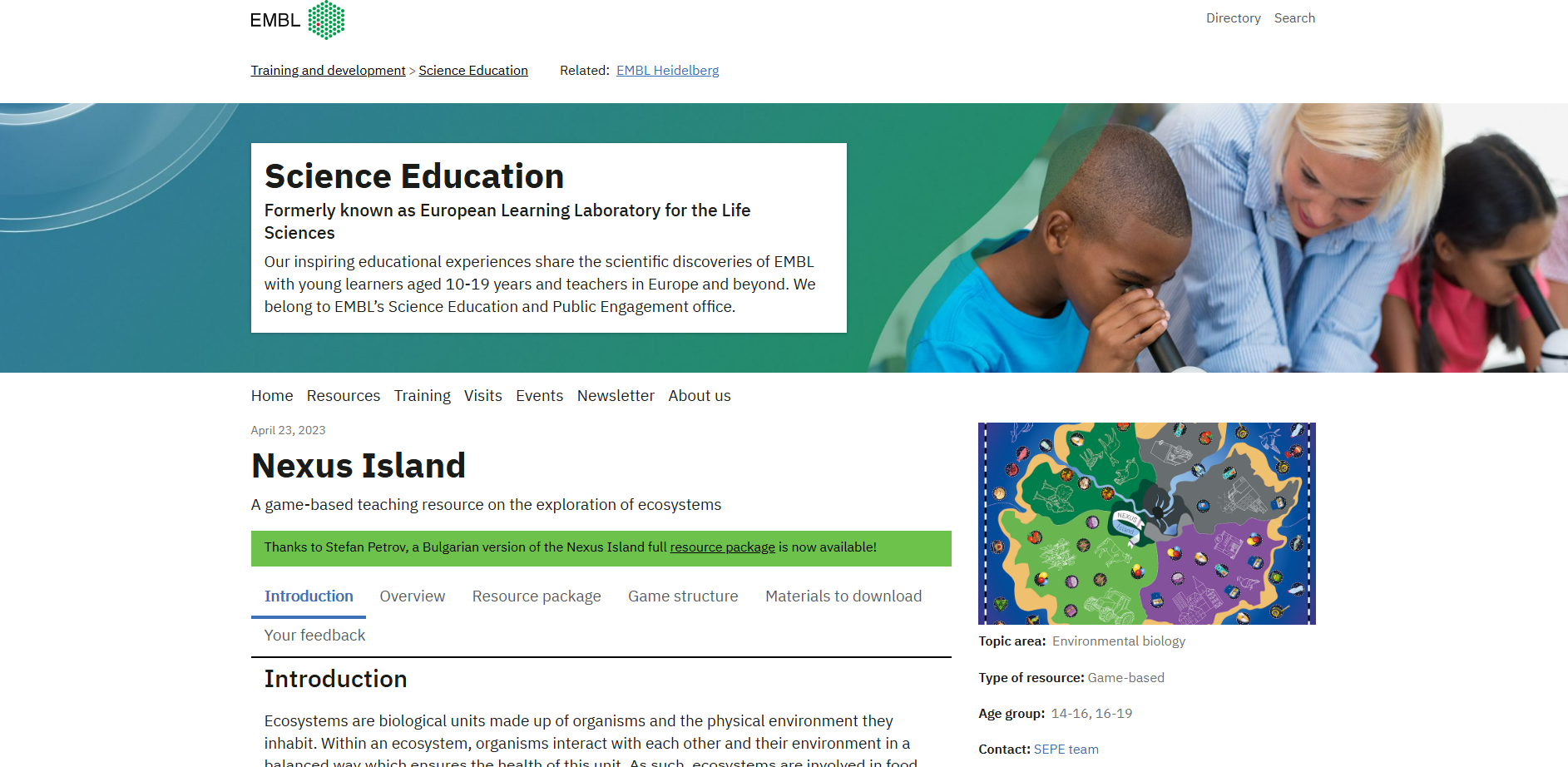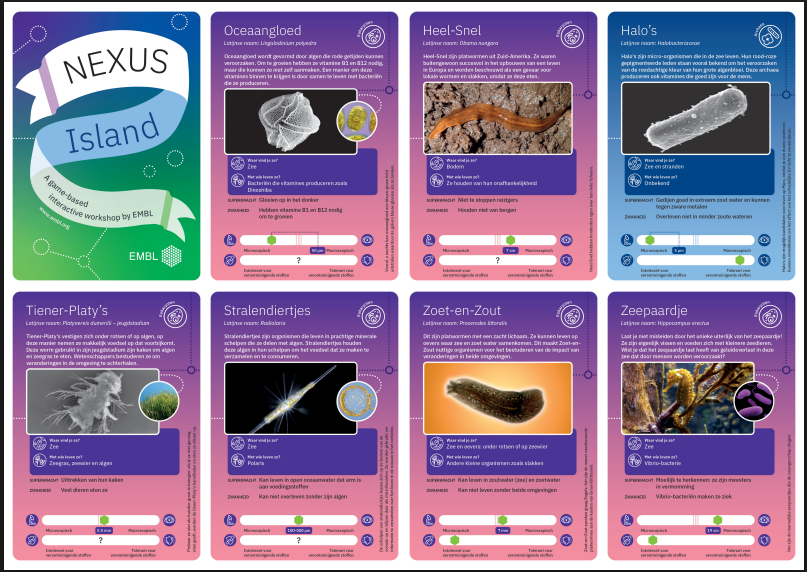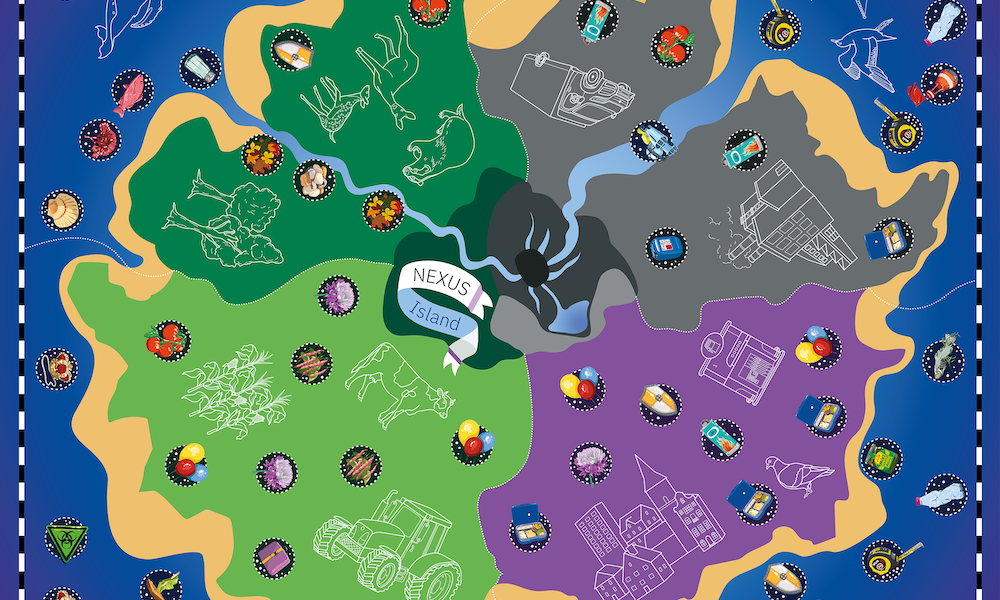
Lesmateriaal: Nexus Island 
STEM module – Een spelgebaseerd lespakket over de verkenning van ecosystemen
Het lesmateriaal “Nexus Island”, geïnspireerd door een wetenschappelijke expeditie onder leiding van EMBL met de titel “TRaversing European Coastlines (TREC)”, nodigt leerlingen uit om hun kijk op het milieu waarin we leven te herzien. De focus ligt op de interactie tussen levende organismen, niet-levende omgevingsfactoren en mensen, evenals hun onderlinge afhankelijkheden en aanpassingsstrategieën.
De spelgerichte aanpak besteedt bijzondere aandacht aan de biodiversiteit van onze ecosystemen, in het bijzonder op microscopisch niveau, en aan de mate waarin micro-organismen kwetsbaar zijn voor de dynamiek van een veranderende omgeving.
Daarnaast wordt de rol van wetenschappelijk onderzoek benadrukt: het leveren van gegevens die de basis vormen voor verdere discussies en acties, in relatie tot de analyse van elk element en organisme in het milieu.





Contents of the bundle 📖
Downloads 👩🏫
